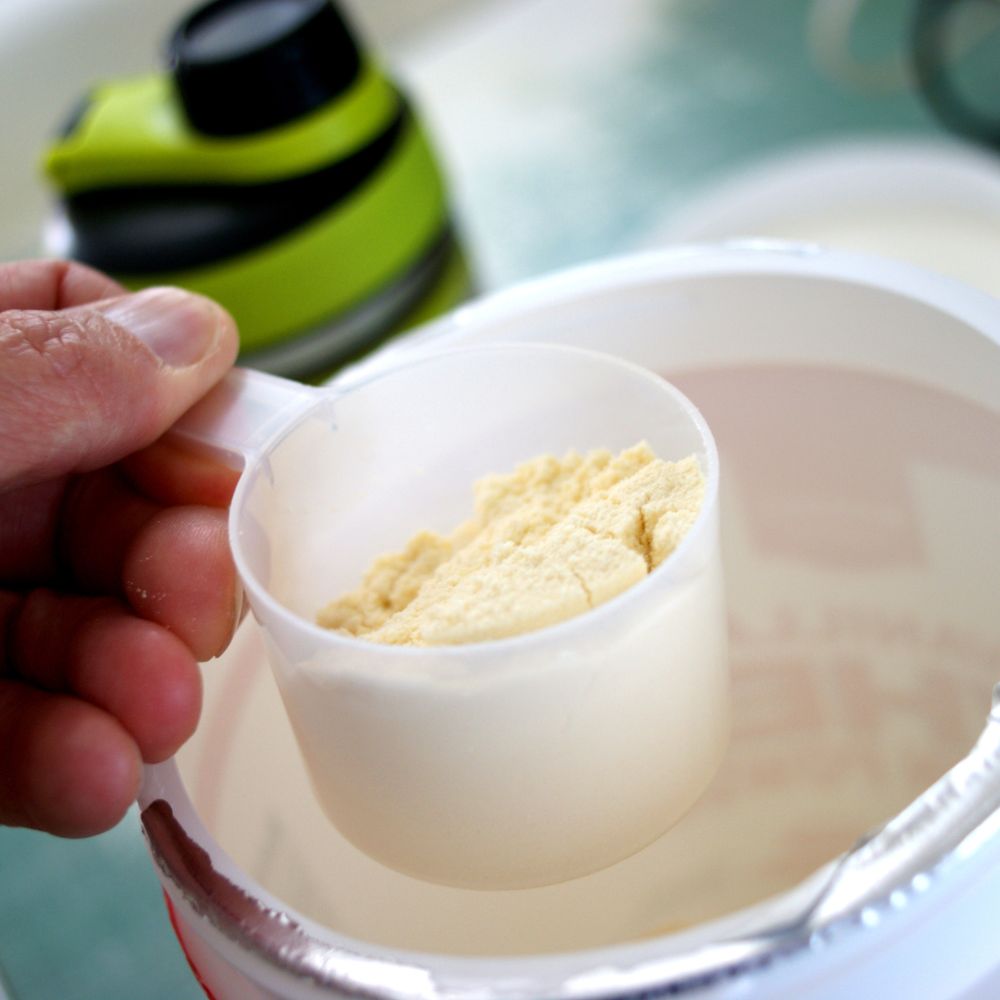Protein powder has become a staple for many people looking to boost their protein intake, whether for fitness goals, muscle building, or general health. But like any food product, protein powder does have a shelf life, and it can expire. Understanding how long protein powder lasts and how to tell if it has gone bad can help ensure you get the most out of your supplement.
1. Understanding Protein Powder Shelf Life
Most protein powders have a “best by” or “use by” date printed on the label. This date is not necessarily an expiration date; rather, it indicates when the manufacturer believes the product will be at its best quality in terms of flavor and nutritional value. Generally, unopened protein powder can last anywhere from 1 to 2 years past this date if stored properly.
2. Factors Affecting Shelf Life
The shelf life of protein powder can vary based on several factors:
- Type of Protein: Whey protein, casein, plant-based proteins, and other types may have different shelf lives. For example, plant-based protein powders may contain more oils, which can go rancid faster.
- Storage Conditions: Proper storage is key. Protein powder should be stored in a cool, dry area out of direct sunlight. Exposure to moisture or heat can shorten its lifespan.
- Packaging: Sealed containers will protect the powder better than opened ones. Once opened, it’s best to consume it within a few months for optimal quality.
3. Protein Powders with Longer and Shorter Shelf Lives
Some protein powders tend to have a longer shelf life, while others may spoil more quickly:
- Longer Shelf Life:
- Casein Protein: Known for its slow digestion, casein protein typically has a longer shelf life due to its lower moisture content.
- Egg White Protein: Egg white protein powder also has a longer shelf life compared to whey because it is less prone to spoilage.
- Soy Protein: This plant-based option generally has a good shelf life, especially when stored properly.
- Shorter Shelf Life:
- Whey Protein: While it’s a popular choice for muscle recovery, whey protein has a shorter shelf life, especially if it’s unflavored or doesn’t contain preservatives.
- Plant-Based Blends: Protein powders that contain a mix of various plant sources (like pea, hemp, and rice) may have a shorter shelf life due to their higher oil content, which can go rancid more quickly.
- Protein Powders with Added Ingredients: Powders that include added vitamins, minerals, or flavorings may have a shorter shelf life depending on their composition.
4. Signs That Your Protein Powder Has Gone Bad
If you’re unsure whether your protein powder is still good, here are some signs to look for:
- Smell: Fresh protein powder typically has a mild, pleasant aroma. If you notice a sour or off-putting smell, it’s a strong indicator that the powder has gone bad.
- Color and Texture: Look for any changes in color or texture. If the powder has clumped together, has an unusual color, or shows signs of discoloration, it’s best to err on the side of caution.
- Taste: If the powder smells and looks okay, you can do a small taste test. If it tastes off or has a strange flavor, it’s time to throw it out.
- Expiration Date: Always check the “best by” or “use by” date. If it’s well past this date, it’s safer to dispose of the product.
- Insect Infestation: If you notice any signs of insects or pests in the container, it’s definitely time to discard the powder.
5. Proper Storage Tips
To extend the shelf life of your protein powder, consider these storage tips:
- Keep it Sealed: Always ensure that the container is tightly sealed after use to minimize exposure to air and moisture.
- Cool, Dry Place: Store the powder in a cool, dry area, away from heat sources like stoves or ovens.
- Avoid the Kitchen Sink: Steer clear of storing it near the sink, where humidity can affect the powder.
- Use a Scoop: Avoid using your hands to scoop out protein powder, as this can introduce moisture and bacteria.
Conclusion
Yes, protein powder does expire, and it’s essential to be mindful of its shelf life to ensure you’re getting the most out of your supplement. By checking for signs of spoilage—such as smell, color, and texture—you can easily determine if your protein powder is still good. Knowing which types of protein powders have longer or shorter shelf lives can also help you make informed choices. Proper storage can extend its life, allowing you to enjoy your protein shakes and meals without worry.
Please note that this information is based on general observations and personal opinions, and individual experiences may vary. If in doubt, it’s always better to play it safe and discard any protein powder that seems questionable.

